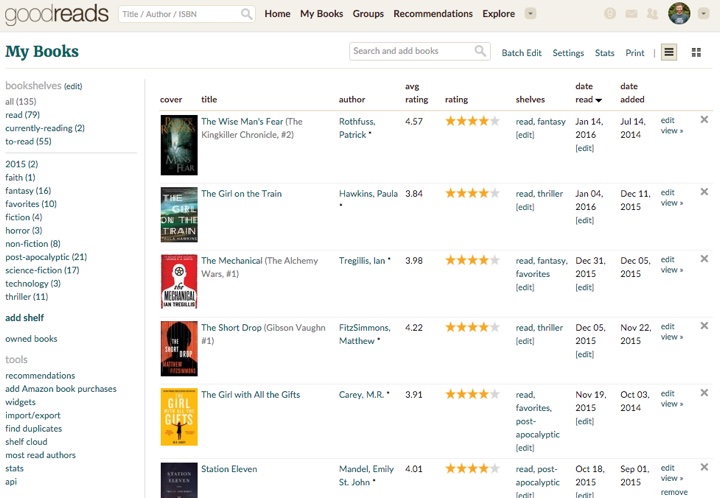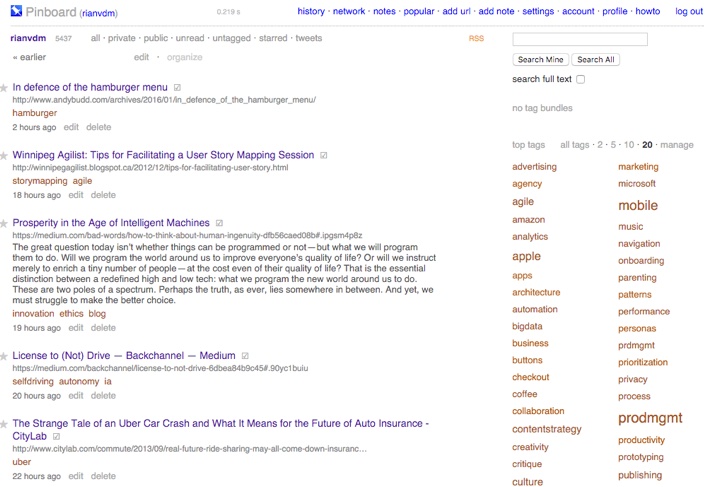I’ve long held Jakob Nielsen’s Useful = usability + utility formula in high regard. The Introduction to Usability article it comes from is still one of the best intros to user experience I’ve seen. That said, I’ve recently started to wonder about the ideal ratios on the right side of the equation. What combination of usability and utility results in the most useful product? Is it a 50/50 split? 70% usability, 30% utility? It’s a purely academic exercise because there’s no way to prove any of it, but it did lead me to a theory:
I believe that utility (whether a product provides the features users need) is initially more important than usability (how easy & pleasant these features are to use) in product design.
Let me say right up front that I’m not saying usability isn’t important. I’m just saying that when it comes to a product being used extensively (and payed for) by users, it is more important to get the utility right from the start. Users will struggle through bad usability (up to a point), but they won’t use a wonderfully usable product that doesn’t serve a real need (see Path).
I’ll give two personal examples to back up this view1. My favorite social network at the moment is Goodreads. The site is slow, the UI is confusing, and the mobile apps make me feel completely lost, and yet I keep coming back to it. Because Goodreads is extremely good at what it does: helping me find books I’d enjoy, and letting me share good books with friends.

The second example is Pinboard. If I could take only one website with me to a deserted island it would be Pinboard. I use it more than any other online service. It helps me save, categorize, and find all the useful articles I’ve read over the 5 years I’ve been using it. The UI has tons of little weird quirks, and it’s very much barebones. But that doesn’t matter. It’s indispensable to me, so I care very little about its usability.

These two examples lead me to a second theory:
The more utility a product has, the less its usability matters.
I like Goodreads, but at some point if the usability becomes too frustrating, I’ll just leave. For Pinboard, on the other hand, I’ll walk through usability hell and back just to keep using it. It’s that essential to my work.
I’ve said this a few times in this article, but let me reiterate: I’m not, for a second, saying that usability isn’t important. I’m proposing that if you have a product that has insane levels of utility, its usability becomes a secondary factor in its success. To put it another way, the ROI on increasing utility is probably much higher than the ROI on improving usability.
The moral of the story is this: first find an idea that people can’t live without, then make it a beautiful, usable product. It’s very difficult to do it the other way around.
If you liked this article, you can sign up to get an email every Friday with all new posts that appeared on the site that week. You can, of course, unsubscribe at any time.
-
That’s how science works, right? ↩